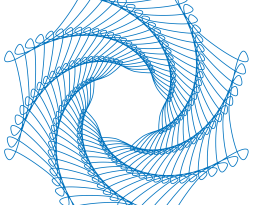“I have been sharing my thoughts in a recent conference where I was invited to speak about education in the field of telecommunications engineering“, prof. Tonello says. “I wanted to start from the paradigm of smart systems largely considered the solutions that embed the internet-for-all and internet-of-things holistic vision to increase quality of life and foster societal changes towards global growth”. The development of such systems has several challenges. “Instead of digging into the technical aspects, I wished to elaborate on the challenges in education since a new class of graduates and experts needs to be prepared”. prof. Tonello adds.
The key debate is about the role of the universities, their educational programs, their teaching methodologies. The term education in the cloud can be coined when we envision a bidirectional education system where sources and addresses of education mutually share and exchange knowledge and experiences, and where the universities may not be the only actors. Formal lecturing may leave space to e-learning and learn-by-doing. In the cloud of knowledge, universities have to rethink their role, modernize their curricula studiorum and go beyond the classical barriers introduced by monolithic scientific fields.
The approach to education, training and career development has to become polylithic, i.e., an approach where contamination and cross-fertilization among different fields become mandatory. Regional specializations and university foci shall be shared in the cloud through university networks to actively be part of the globalization process and not to loose the identity and the rich heritage of knowledge that has been built through the connection with the local territory and the local arts-and-crafts (economy).
This debate is also part of the renovation of study programs at the Alpen-Adria-Universität Klagenfurt where, in the area of ICT, the aim is to brake the barrier between classical electrical engineering and computer science study programs and to promote the fast inclusion of research results and job market needs into classes and courses.
To read more
A. M. Tonello, “Smart Systems: a New Frontier for the Education in ICT,” keynote speech at InTsikt 2016, June 6, 2016, Tuzla.







